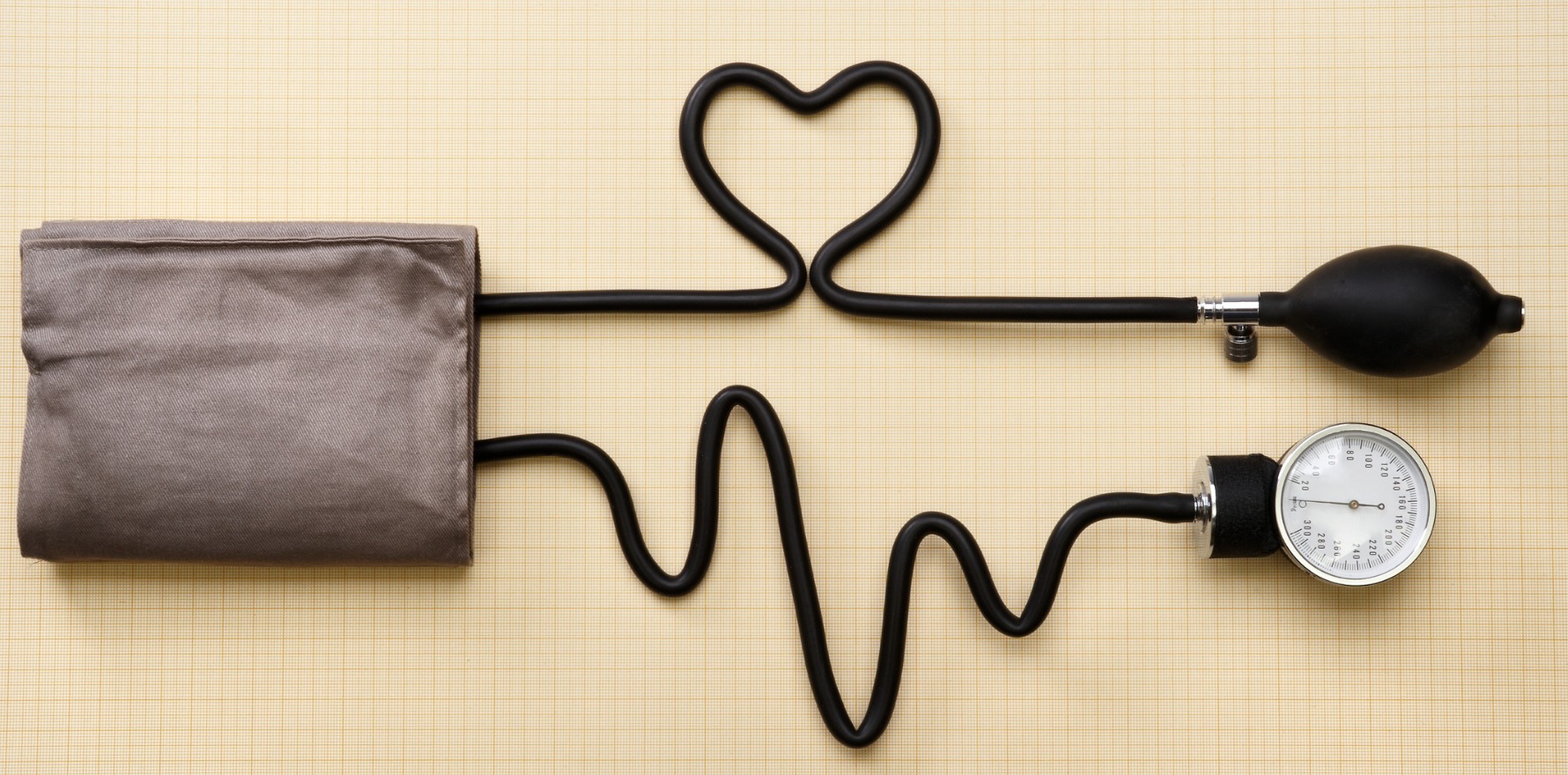Pressures of general practice are taking a toll on GPs, but many are not keeping an eye on their blood pressure.
One in seven GPs are not self-monitoring their blood pressure every year, a new Australian survey has revealed.
And as many as one in four respondents to a GP survey had a blood pressure (BP) reading above 130/85, while others recorded a family history of cardiovascular disease or diabetes, carrying excess weight, or experiencing workplace stress.
The GP Health Initiative Report was developed from an online survey conducted by Metis Research, involving 301 GPs nationwide.
Sydney GP Dr Praveen Devineni, head of GP education and supervision at ForHealth, said the findings reflected the sustained and personalised pressure primary care physicians were experiencing in the wake of the covid pandemic.
They also closely mirrored the prevalence of high blood pressure in the general Australian population, he said. While the GP respondents estimated they measured BP in three in five adult patients, and perform an average of 17 patient heart health checks a month, one in seven were not self-monitoring their own BP.
“It is well documented that GPs operating at the frontline of community healthcare are facing increasing burn-out rates and mounting mental health issues,” he said.
“However, these findings are shedding light on potentially devastating areas of concern regarding GP heart health.”
Report author and Melbourne interventional cardiologist Dr Om Narayan told The Medical Republic there were three main messages for GPs from the report.
“We need to reengage with patients who, due to telehealth and covid and the restrictions of the pandemic, have stopped coming back or have indefinitely deferred coming in to see their GPs for fear [of covid].
“There’s also a strong possibility that several patients with hypertension are not as well controlled as they should be, and they may falsely believe home blood pressure measurements that suggest that they’re good.
“And thirdly, GPs themselves need to take a step back and perhaps get their own health looked into, particularly with the chronic health states such as hypertension, diabetes, et cetera.”
Dr Narayan said GPs who were under high pressure at work often didn’t have time to think about checking their own blood pressure, “going out to do that run or hitting the gym” and were more likely to go home and order takeaway over cooking a healthy meal.
“You’re more likely to comfort eat and you’re more likely to drink to excess as a result of that stress that you’re under,” he said.
He said this would not just apply to GPs, but all health professionals who were under pressure.
“This is really just the tip of the iceberg,” he said.
“A lot of the focus has really been previously on mental health and substance abuse and burnout when it comes to doctors’ health and not as much on the more mundane or chronic disease side of things.
“And it’s a little taboo to talk about these things amongst medical circles when we’d like to think of ourselves as being indestructible, there for our patients 24/7, turning up to work even if we’re feeling sick or haven’t had any sleep the night before.
“I think that’s one of the big barriers that doctors have to getting themselves checked out.”
Dr Narayan said messaging around the importance of monitoring blood pressure had not been a priority for health professionals’ groups like the RACP and the RACGP.
“The focus really has been in maintaining professional standards and watching out for mental health and substance abuse-type issues. Less so for these things,” he said.
“I think the professional societies have just assumed that you know, being doctors that you know, the members would be all across this already.”
While the survey findings reveal areas of concern for GPs cardiovascular health, there was some good news.
Nine in 10 GPs reported taking initiatives to improve their overall health in the last year. Nearly half of those who reported high levels of workplace stress had taken steps to manage their stress, and 43% of GPs who reported being overweight had made a conscious effort to shed weight.


